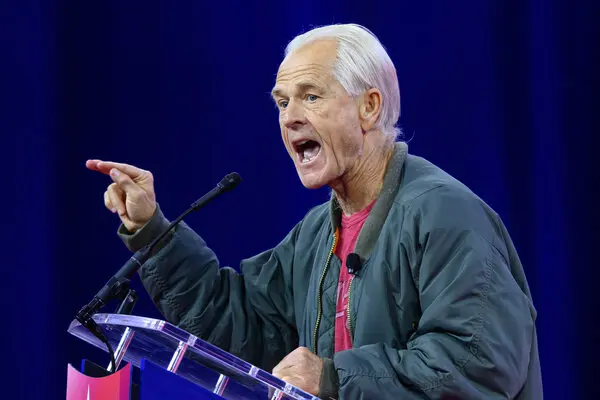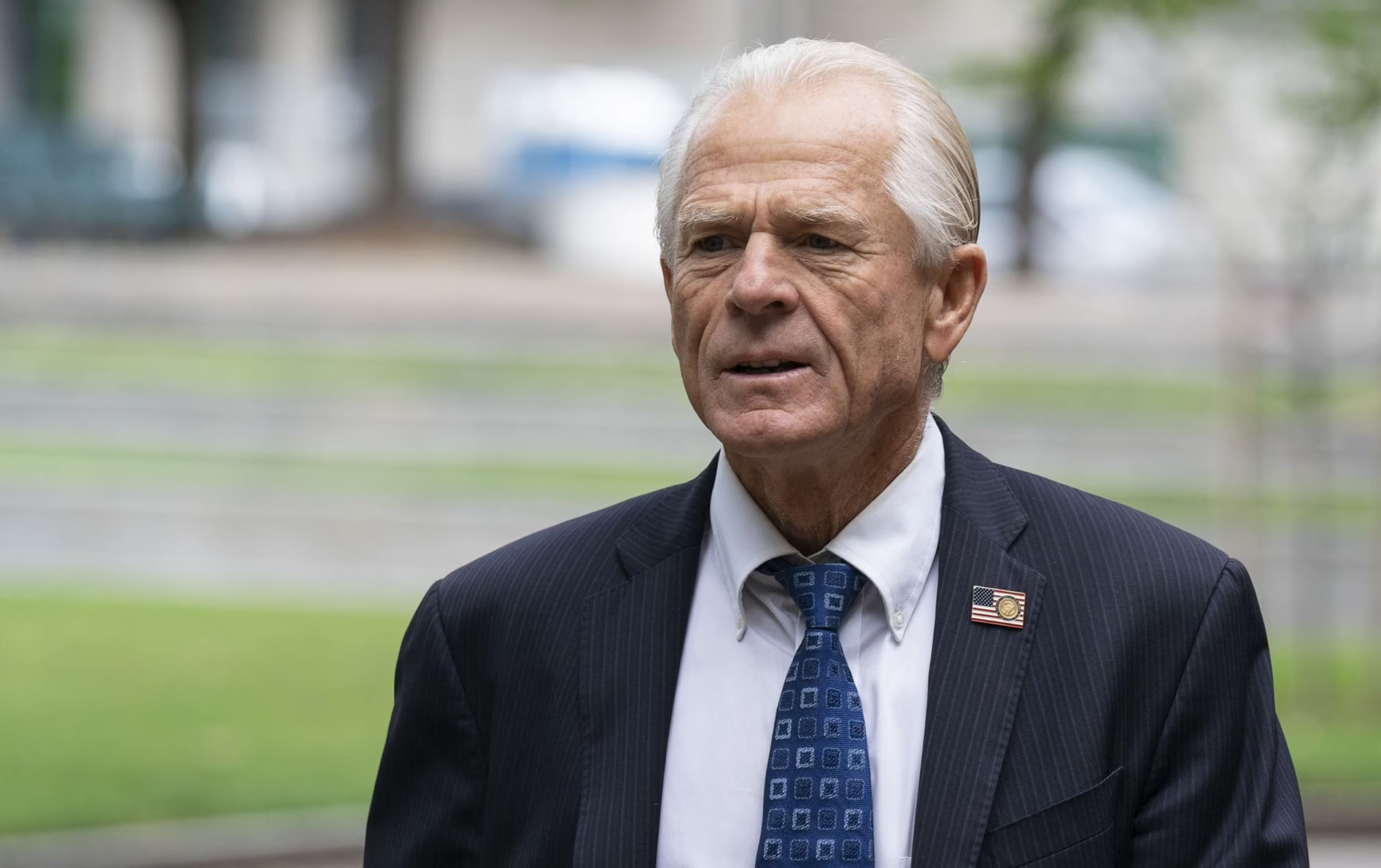Peter Navarro is a name that evokes strong opinions in the political and economic arenas of the United States. Known for his outspoken views on trade, staunch support of former President Donald Trump, and controversial role in pandemic policy, Peter Navarro has carved out a unique and often polarizing legacy. This article offers a detailed look at Navarro’s life, career, and influence, helping readers understand why he remains such a prominent figure in American discourse.
Early Life and Education
Born on July 15, 1949, in Cambridge, Massachusetts, Peter Navarro had a modest upbringing. He earned a full scholarship to attend Tufts University, where he studied economics. His academic journey continued at Harvard University, where he earned a Ph.D. in economics under the mentorship of Professor Richard Caves. His education laid the groundwork for a career that would intertwine academic theory with real-world economic and political practice.
Academic Career and Writings
Before entering the political limelight, Peter Navarro built a reputation in academia. He served as a professor of economics and public policy at the University of California, Irvine. His work focused on macroeconomic trends, trade policy, and environmental issues.
Navarro authored several books during this period, including:
-
“The Coming China Wars”
-
“Death by China”
-
“Crouching Tiger: What China’s Militarism Means for the World”
These writings consistently emphasized the dangers of China’s growing economic and military power. Peter Navarro was one of the earliest and most vocal critics of U.S.-China trade relations, a stance that would become central to his later political work.
Role in the Trump Administration
Peter Navarro joined Donald Trump’s presidential campaign in 2016 as an economic advisor. After Trump’s victory, he was appointed Director of the newly created Office of Trade and Manufacturing Policy. In this role, Navarro became a key architect of Trump’s “America First” economic agenda.
His most notable contributions include:
-
Tariffs on China: Navarro was instrumental in pushing for tariffs on Chinese goods, arguing that the U.S. needed to protect domestic industries from unfair trade practices.
-
Trade War Justification: He defended the administration’s trade war with China, maintaining that it would ultimately benefit American workers.
-
Manufacturing Strategy: Navarro advocated for reshoring U.S. manufacturing jobs, emphasizing national security and economic independence.
Despite criticism from many economists and policy experts, Peter Navarro held firm to his belief that aggressive trade policy was essential for restoring American strength.
Involvement in COVID-19 Response
During the COVID-19 pandemic, Peter Navarro took on a controversial role in shaping the administration’s response. Although not a medical expert, he was placed in charge of procurement efforts for medical supplies and served as an advisor on pandemic-related economic policy.
Key moments include:
-
Hydroxychloroquine Promotion: Navarro publicly supported the use of hydroxychloroquine as a treatment for COVID-19, despite lack of scientific consensus.
-
Clashes with Dr. Fauci: He famously clashed with Dr. Anthony Fauci over the handling of the pandemic and even published a scathing editorial criticizing Fauci’s expertise.
-
Defense Production Act: Navarro played a key role in invoking the Defense Production Act to speed up the manufacturing of ventilators and personal protective equipment (PPE).
Navarro’s role during the pandemic drew heavy scrutiny, with critics accusing him of overstepping his expertise and spreading misinformation.
Legal Troubles and Contempt of Congress
After Trump left office, Peter Navarro remained a vocal supporter of the former president. He became entangled in the investigations surrounding the January 6 Capitol riot. In 2022, Navarro was subpoenaed by the House Select Committee investigating the attack but refused to comply, citing executive privilege.
As a result:
-
He was indicted for contempt of Congress.
-
Navarro became the second Trump advisor to be criminally charged for defying a subpoena.
-
In 2024, he was convicted and sentenced to four months in prison.
Navarro’s case is emblematic of the broader legal and political fallout from the Trump administration’s final days and efforts to overturn the 2020 election results.
Legacy and Public Perception
Peter Navarro remains a deeply divisive figure. To his supporters, he is a patriot who challenged the globalist status quo and fought to bring American jobs back home. They admire his unrelenting criticism of China and his commitment to economic nationalism.
To his detractors, Peter Navarro is seen as a provocateur whose policy recommendations often lacked empirical support. Critics argue that his confrontational style, unorthodox methods, and political maneuvering undermined sound governance and strained international relationships.
Regardless of viewpoint, it is undeniable that Peter Navarro has had a significant impact on American trade policy, public health discourse, and political dynamics in the 21st century.
Final Thoughts
The story of Peter Navarro is one of bold ideas, deep controversy, and lasting influence. From academia to the White House, his journey reflects the complexities of modern American politics—where economics, ideology, and personal conviction collide. Whether history views him as a visionary or a cautionary tale, Peter Navarro will remain a key figure in debates about America’s future in the global economy.







